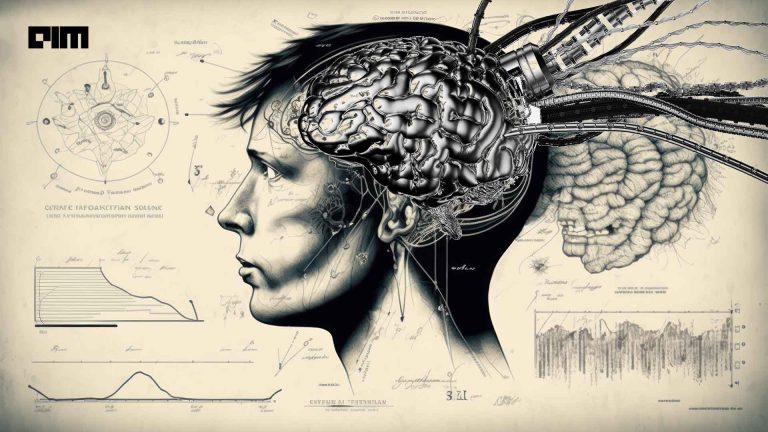Marketers across the globe have constantly been working towards cracking the advertising success code. According to Grand View Research, the global digital marketing market is currently valued at $56.52 billion. It is expected to reach $182.21 billion by 2028, growing at a CAGR of 18.2 per cent between the forecast period.
Google Analytics is a leading tool that marketers and website owners use to measure traffic and analyze their audience. It has recently started using machine learning (ML) to surface relevant marketing insights — changes in campaign performance, the likelihood of a consumer making a purchase, etc.; fill the gaps in observed data and unlock new consumer behaviour insights. Last year, Google Analytics’ updated version was introduced, which provides improved marketing decisions for better ROI and a better understanding of how customers interact with an individual business.
With more privacy concerns, the need for advanced measurement approaches that would meet companies’ objectives and put users first has grown manifold. In line with the changing privacy landscape, Google has introduced a data-driven attribution model for its ads.
Addressing existing pain-points
Evolution in the marketing industry will make last-click attribution obsolete as marketers switch to data-driven marketing approaches.
An attribution model allows marketers and advertisers to select how much credit each ad interaction gets for the conversions. It thus provides a better understanding of how ads perform and help optimise across conversion journeys.
While Google offered data-driven attribution earlier as well, marketers and advertisers have not been able to use it for two reasons — the minimum data requirements; and unsupported conversion types. To allow advertisers to make the most of attribution and subsequently improve the performance, Google has now removed the data requirements and has added support for additional types of conversations. Additionally, it has made data-driven attributions its default attribution model for all new conversion actions, starting October this year. It plans to roll out data-driven attribution as the default model for all conversations, starting next year.
However, advertisers will still have the option to switch to one of the five rule-based attribution models manually:
- Last click
- First click
- Linear
- Time decay
- Position-based
- Data-driven
Data-Driven Attribution Model
This latest model by Google uses advanced ML algorithms to understand how each marketing touchpoint contributes to a conversation accurately. It claims to do so while respecting and being within the boundaries of user privacy. It has strict policies against convert techniques, such as fingerprints, that could compromise user privacy.
The data-driven attribution model helps provide accurate results by allowing advertisers to analyse relevant data about marketing moments that lead up to a conversation. It takes multiple signals into account — ad format, the time between an ad interaction and conversation, etc. It then uses the result for holdback experiments to make models accurate and calibrate them to reflect ads’ incremental value better.
When combined with automated bidding strategies, data-driven attribution can help drive more conversions using the same cost per acquisition. This is because Google’s latest system can better predict the incremental impact individual ads have on driving conversations and accordingly adjust the bids to maximise ROI.
Improved ROI
To validate its claims, Google, in its Ads and Commerce Blog, has quoted Lara Harter, Head of Online Marketing at Germany-based pharmaceutical company DocMorris and Marco Carola, Head of Online Acquisition at Italian bank Crédit Agricole Italia. With the use of data-driven attribution, the former has been able to reduce its cost of sales over the last click by 18 per cent. At the same time, the latter recorded an 8 per cent increase in overall incremental conversions with an 8 per cent decrease in cost per lead.
Google data-driven attribution supports shopping, search, display and YouTube advertisements. Additionally, Google has added support for more conversion types — in-app and offline conversions to improve advertiser performance, regardless of the conversion or campaign type. Thus, the upgraded data-driven attribution model will help advertisers understand the full value of their Google campaigns. Going ahead, Google plans to continue advancing machine learning to improve existing measurement tools and develop new ones to help marketers deliver performance while respecting prospective customers’ privacy.
To know about the business intelligence and analytics tools of 2021, click here.



















































































